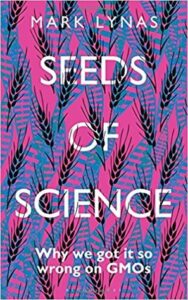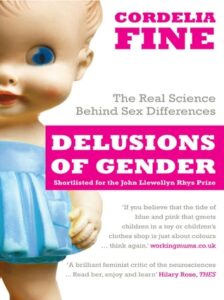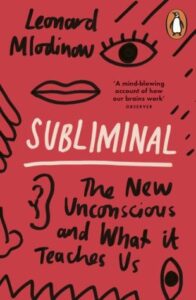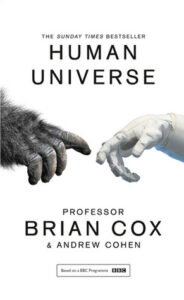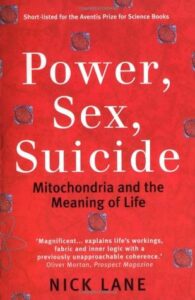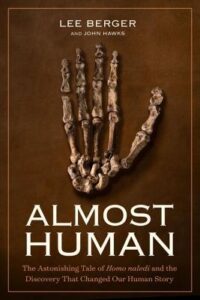 Swearing is Good for You, Emma Byrne
Swearing is Good for You, Emma Byrne
Yes, really, and this really is a serious book, referring to studies and discussing them in a sober and mostly non-profane fashion. At times the casual swearing seemed a little much (a bit of a gimmick, rather than me feeling bad about swearing at all), but there’s a lot of fascinating stuff in here. There’s a chapter on Tourette’s, for example: although Byrne explains that it doesn’t really belong in a book about swearing being good for you, because in the case of Tourette’s it ends up being alienating and awful, but it goes into what causes people with Tourette’s to swear, and a little bit about what that tells us about swearing in general.
There’s also a really horrifying (to me) discussion of the fact that women with cancer who swear (due to their cancer but not necessarily about their cancer) tend to lose the support of the people around them, even their close female friends. They’re dealing with something fucking horrifying, they’re probably in pain and exhausted, but they’ve got to watch their language too? I hope Byrne’s hypothesis that this effect will fade with more recent generations is correct.
There’s also discussion of swearing and gender, and my favourite bit, the discussion of swearing in toilet trained chimps. (Teach a chimp that poop is dirty and it will see it as such, act ashamed if caught pooping somewhere it shouldn’t, and start using dirtiness as an insult!)
It’s all pretty fascinating, and while I’m not a major swearer unless I’m doing the final missions in Mass Effect, at which point the brain to mouth filter drops out of the picture, I’m glad to acknowledge that sometimes, it turns out it really is good for you — helping you to bear pain and stress, bonding you with teammates, etc, etc.
Rating: 4/5
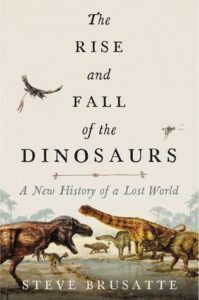 The Rise and Fall of the Dinosaurs, Steve Brusatte
The Rise and Fall of the Dinosaurs, Steve Brusatte
